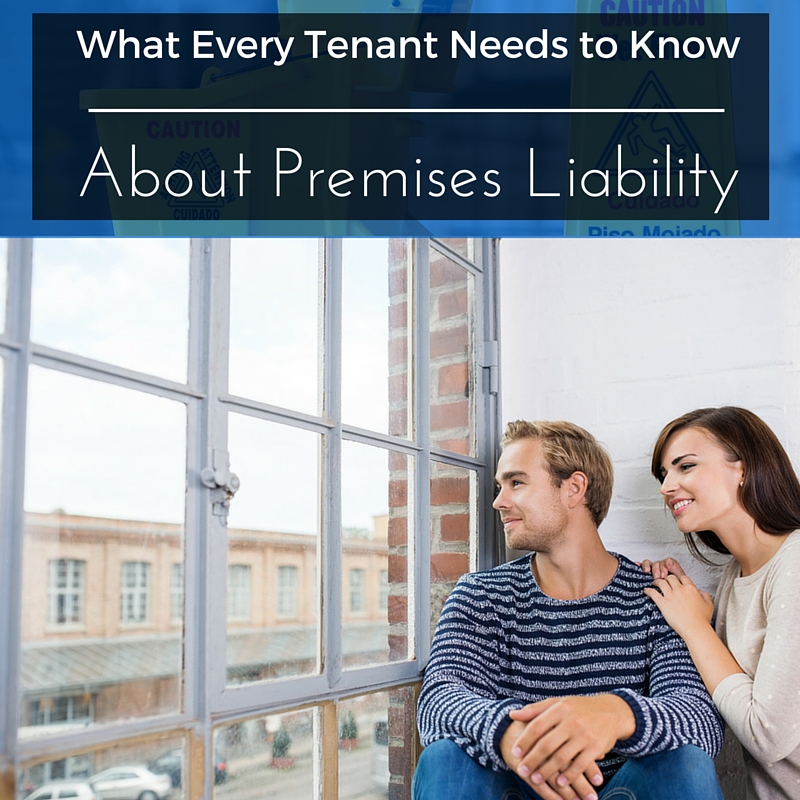
A slip and fall accident on rented property, whether it is your house, apartment or place of business, can be complicated. Because you do not own the property, you are not required to have insurance that protects you or your visitors in the case of an accident. Instead, your landlord is responsible to carry that coverage. However, simply slipping and falling may not generate a premises liability claim.
Negligence Must Be Proven
If there is no negligence, you do not have a personal injury claim against your landlord. You must be able to prove that something the property owner did or did not do caused your injury after slipping or falling. Even if the premises was unsafe, it does not mean your landlord was negligent as you must prove that the landlord knew or should have known that the dangerous condition existed.
Inside Rented Property
When a slip and fall occurs inside, the circumstances surrounding the accident must be taken into account. For example, if there is a plumbing leak that caused water to pool on the floor, resulting in an accident that caused injury, you will need to demonstrate that the landlord knew of the leak and did nothing to repair it. If the leak was recent and you had not reported it to the landlord, it will be difficult to prove that the landlord was negligent. If the leak was due to severely neglected plumbing, you may be able to prove that the landlord should have known such a leak was possible.
Outside Rented Property
Falling or slipping on ice or snow commonly causes injuries on rental properties, but it still may not qualify you for a premises liability claim. If your lease does not state that the landlord is responsible for clearing ice and snow, they may not be held liable for your injury. If you fall or slip on a foreign substance, such as oil or other slippery materials, it is possible the landlord could claim that they were not there and had no way of knowing the substance was there. If something outside is defective, however, such as broken stairs or uneven sidewalks, the landlord may be held responsible.
Proving Liability
According to the slip and fall attorneys at Lundy Law, in order to prove landlord liability, you should take photos of your injuries, what caused you to fall or slip and your clothing. You should take photos of the accident scene as quickly as possible, especially in the case of ice or snow as those conditions can change rapidly.
If you or a loved one have been injured in an accident where you slipped or fell, contact the slip and fall attorneys at Lundy Law today to learn what rights you may have. You can arrange for a no obligation consultation by calling 1-800-Lundy Law or filling out the query form on our website.















